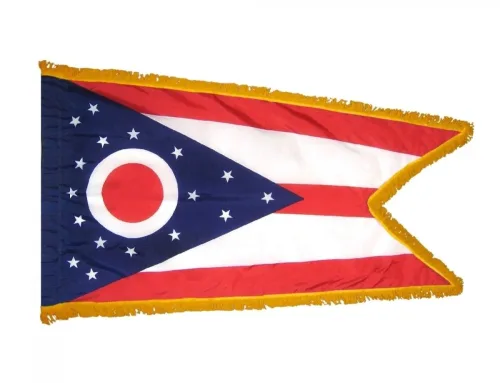By Jimi Izrael
Cleveland should be talking about the impact of the fight for net neutrality. Net neutrality keeps the communication companies from discriminating against content and also keeps them from giving more bandwidth to some and less to others.
A federal court ruled recently that Federal Communications Commission (FCC) doesn’t—or shouldn’t–have the right to enforce such a policy.
Dr. Martin Luther King Jr. would be right out front on this, if it matters. I know-seems random, right? Lemme explain.
To the extent I write about Black History Month or Dr. Martin Luther King Jr. Day, I don’t. Not to be contrarian—because that’s just boring anymore—but both occasions have become commercialized and exploited ad infinitum, so as to lose any meaning or usefulness. [blocktext align=”left”]Because communications companies could ultimately control what they charge whom, it would make public hotspots and initiatives like Old Brooklyn Connected cost-prohibitive and thereby impossible. [/blocktext]
However, the other day, though, over coffee and conversation, Otis Moss Jr. (emeritus minister of Cleveland’s Olivet Baptist Church) and his relationship to MLK came up and we all wondered what they’d be marching about today. I had a thought.
Striking down net neutrality would not only fuel more economic inequality in the poorest, most fragile pockets of our country but it would cut many of us off from the world. [blocktext align=”right”]If he were alive today, Dr. Martin Luther King Jr. would be on Facebook, Twitter, Vine, Snapchat, GooglePlus, Tout and any other social media outlet he could, organizing marches in every state.[/blocktext]Because communications companies could ultimately control what they charge whom, it would make public hotspots and initiatives like Old Brooklyn Connected cost-prohibitive and thereby impossible.
If he were alive today, Dr. Martin Luther King Jr. would be on Facebook, Twitter, Vine, Snapchat, GooglePlus, Tout and any other social media outlet he could, organizing marches in every state. MLK knew plenty about the power of technology–crediting TV with igniting the civil rights fight with footage of dogs, hoses, crazy whites, et. al—and knew how to get the word out about issues that matter. He and Otis Moss II would be out on the steps of Capitol Hill rallying all Americans to save net neutrality.
Deprivation of certain resources creates two Americas, King opined during a speech at Grosse Pointe High School in 1968, one where some children are fed well and materially sated and the schools are flush with resources of many kinds and another America where students founder in the shallow water of despair and “the schools are so inadequate, so overcrowded, so devoid of quality, so segregated … the best {from these children} can never come out.” [blocktext align=”left”]If the Internet Service Providers (ISPs) are able to charge some people more and some people less for the same access, that could mean public schools–already struggling–will be pushed offline. [/blocktext]Suburban schools have better resources than those in the heart of the city, and only the children suffer.
If the Internet Service Providers (ISPs) are able to charge some people more and some people less for the same access, that could mean public schools–already struggling–will be pushed offline. So aside from old books, rickety desks and underpaid teachers, some children will have no or slow access to the Internet. And slow access is just like no access at all. The future travels at the speed of change, and no one–certainly not our children–can afford to lose pace. As if Cleveland students don’t have enough problems.
There’s more to worry about.
Uninhibited internet technology democratizes the world—it provides activists opportunities to coalesce, organize and raise awareness of social justice issues all over. The Arab Spring certainly taught us that.The world is smaller with more in common than not. Everyone can be their own news source/reporter/outlet—to be sure, on the internet there is spin, dead-spin and counter-spin of the issues: there is propaganda and expose’. [blocktext align=”right”]Without net neutrality, the internet could devolve into roving bands of rich ideologues who buy as much bandwidth as they can afford to post and repost their dogma and influence the zeitgeist in any direction they please. [/blocktext]But on the internet, all ideas have the same exposure if not the same weight: the opportunity to capture the public’s imagination—consternation–and provoke conversation.
The internet is truly a marketplace of ideas where we, the people, get to decide what’s important, not the ISPs. Communities can have conversations. Conversations can help shape policy, and policies affect change. Without net neutrality, the internet could devolve into roving bands of rich ideologues who buy as much bandwidth as they can afford to post and repost their dogma and influence the zeitgeist in any direction they please. Equal internet access is a human right that makes us a more perfect union, and Dr. King would agree.
King understood the principles, if not the exact technology, of the internet. He understood that access to technological innovation meant holding the very keys to the future itself. Clevelanders should be fighting this fight.
Jimi Izrael’s an author and journalist who muses at jimiizrael.com. He’s also adjunct professor at Cuyahoga Community College and Case Western Reserve University.






